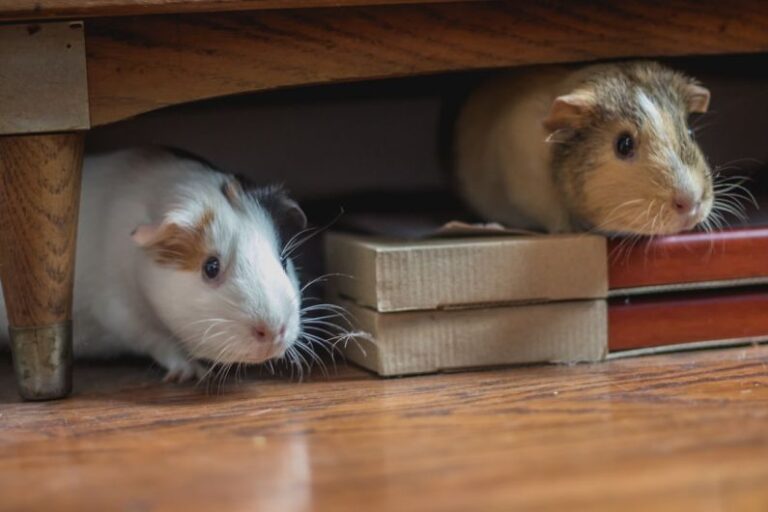
Breeding animals can be a rewarding experience, but unexpected issues can arise that may leave breeders feeling overwhelmed and unsure of how to proceed. From complications during mating to unexpected pregnancies, handling breeding issues requires quick thinking and a calm approach. In this article, we will discuss effective strategies for managing unexpected breeding issues to ensure the well-being of both the animals and the breeder.
Understanding the Importance of Preparation
Breeding animals requires careful planning and preparation to ensure successful outcomes. Before undertaking any breeding program, breeders should familiarize themselves with the reproductive cycles of their animals and be prepared for any potential complications that may arise. It is essential to have a thorough understanding of the breeding process, including the signs of estrus, optimal mating times, and potential risks associated with breeding.
Recognizing Complications and Seeking Veterinary Assistance
Despite careful planning, unexpected breeding issues can still occur. Breeding complications such as failed mating, infertility, or pregnancy complications may arise, requiring prompt attention and intervention. It is crucial for breeders to recognize the signs of breeding issues and seek veterinary assistance as soon as possible to address any underlying problems.
Failed Mating
Failed mating attempts can be frustrating for breeders, but it is essential to remain patient and persistent. If animals are not mating successfully, breeders should consider factors such as timing, health, and behavior that may be affecting the breeding process. Providing a conducive environment for mating, such as a quiet and stress-free space, can help increase the chances of successful breeding.
Infertility
Infertility can be a significant concern for breeders, as it can prevent successful pregnancies from occurring. If animals are experiencing infertility issues, breeders should work closely with a veterinarian to identify the underlying causes and develop a treatment plan. Factors such as age, health, genetics, and environmental conditions can all contribute to infertility in animals.
Pregnancy Complications
Pregnancy complications can be stressful for both the animals and the breeder, requiring careful monitoring and intervention to ensure a successful outcome. Common pregnancy complications include miscarriage, dystocia (difficult birth), and fetal abnormalities. Breeders should be prepared to handle these complications and seek veterinary assistance if necessary to ensure the health and well-being of the animals.
Implementing Preventative Measures
To minimize the risk of unexpected breeding issues, breeders can implement preventative measures to ensure the health and well-being of their animals. Regular health checks, proper nutrition, and a clean and safe environment can all contribute to successful breeding outcomes. By taking proactive steps to maintain the overall health of the animals, breeders can reduce the likelihood of encountering breeding issues.
Maintaining Open Communication
Effective communication is key when dealing with unexpected breeding issues. Breeders should maintain open communication with veterinarians, fellow breeders, and other industry professionals to seek advice, share experiences, and stay informed about the latest developments in animal breeding. By building a strong network of support, breeders can navigate unexpected breeding issues more effectively and find solutions to complex problems.
Conclusion: Empowering Breeders to Navigate Unexpected Challenges
Handling unexpected breeding issues requires a combination of knowledge, preparation, and quick thinking. By understanding the importance of preparation, recognizing complications, implementing preventative measures, and maintaining open communication, breeders can effectively navigate unexpected challenges and ensure the well-being of their animals. With a proactive and informed approach, breeders can overcome unexpected breeding issues and continue to enjoy the rewards of successful breeding programs.





